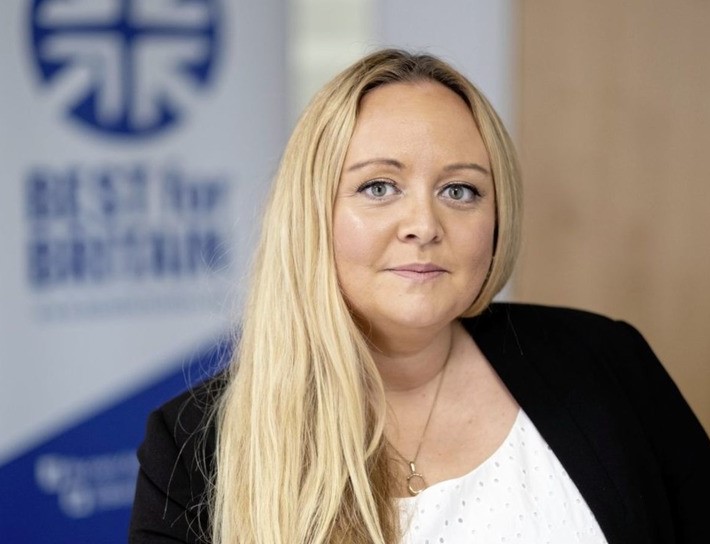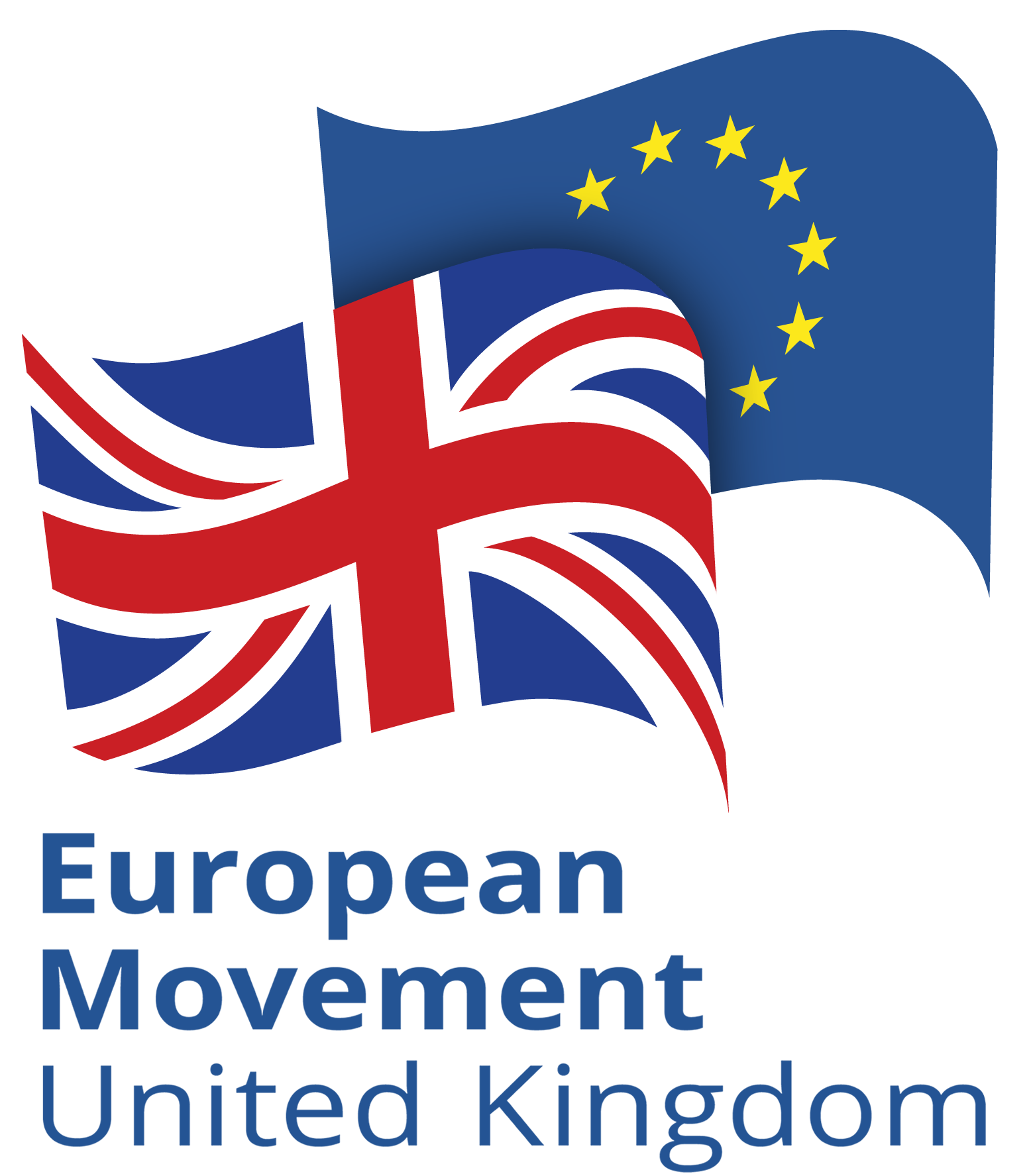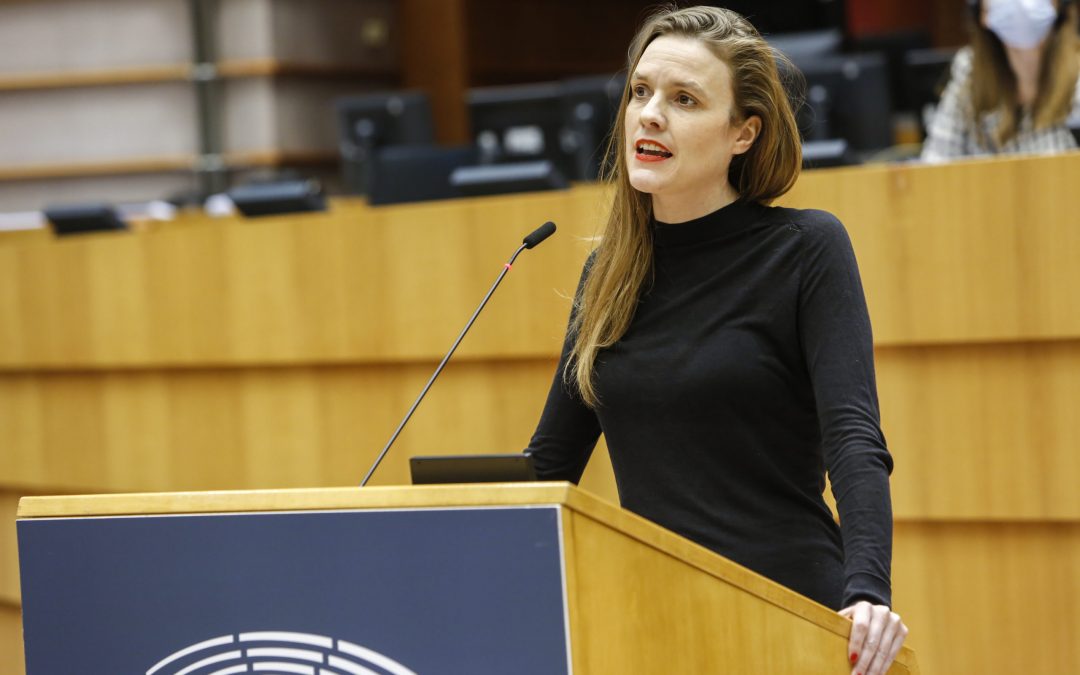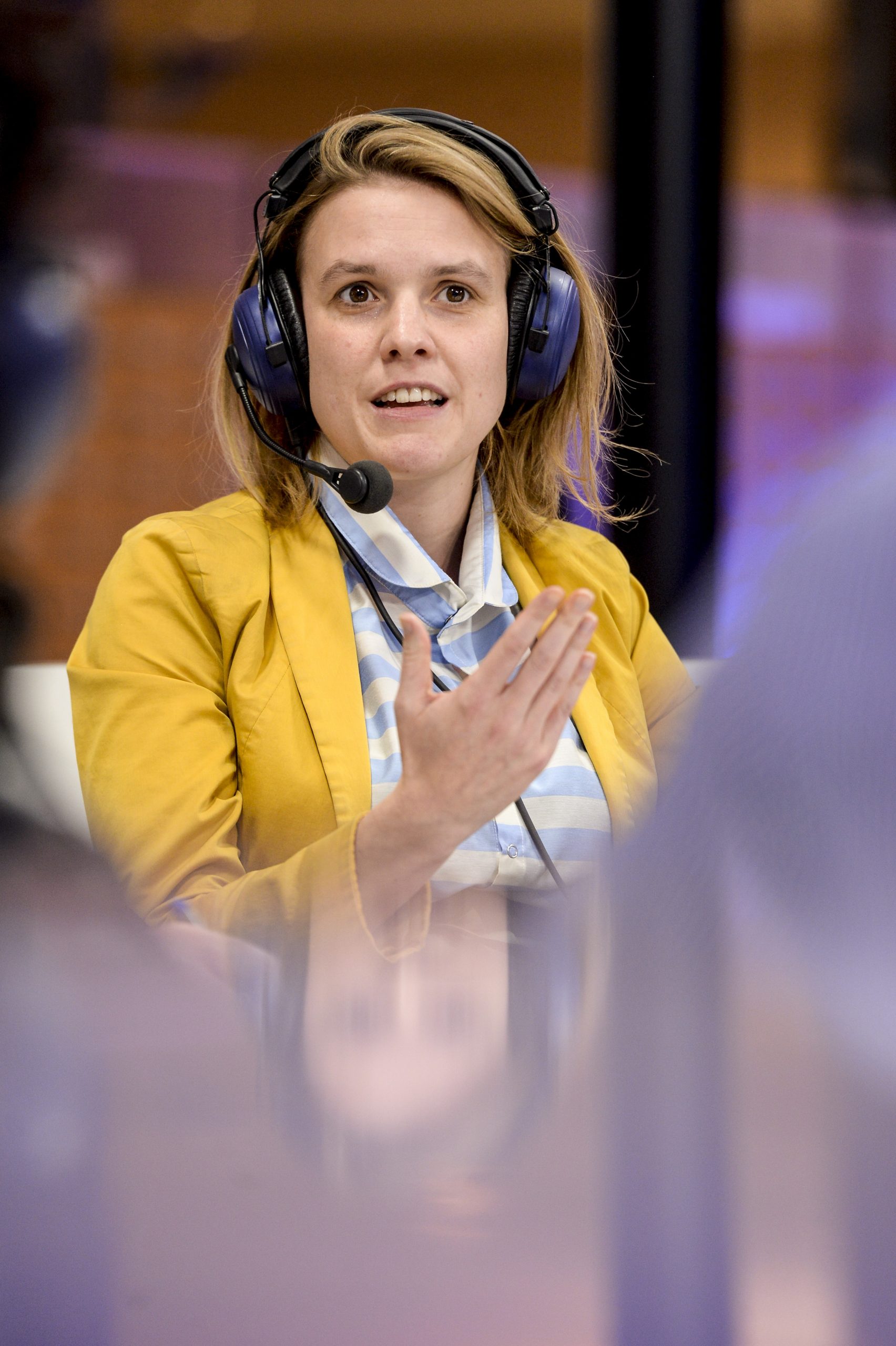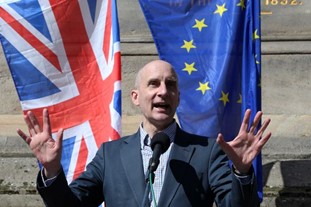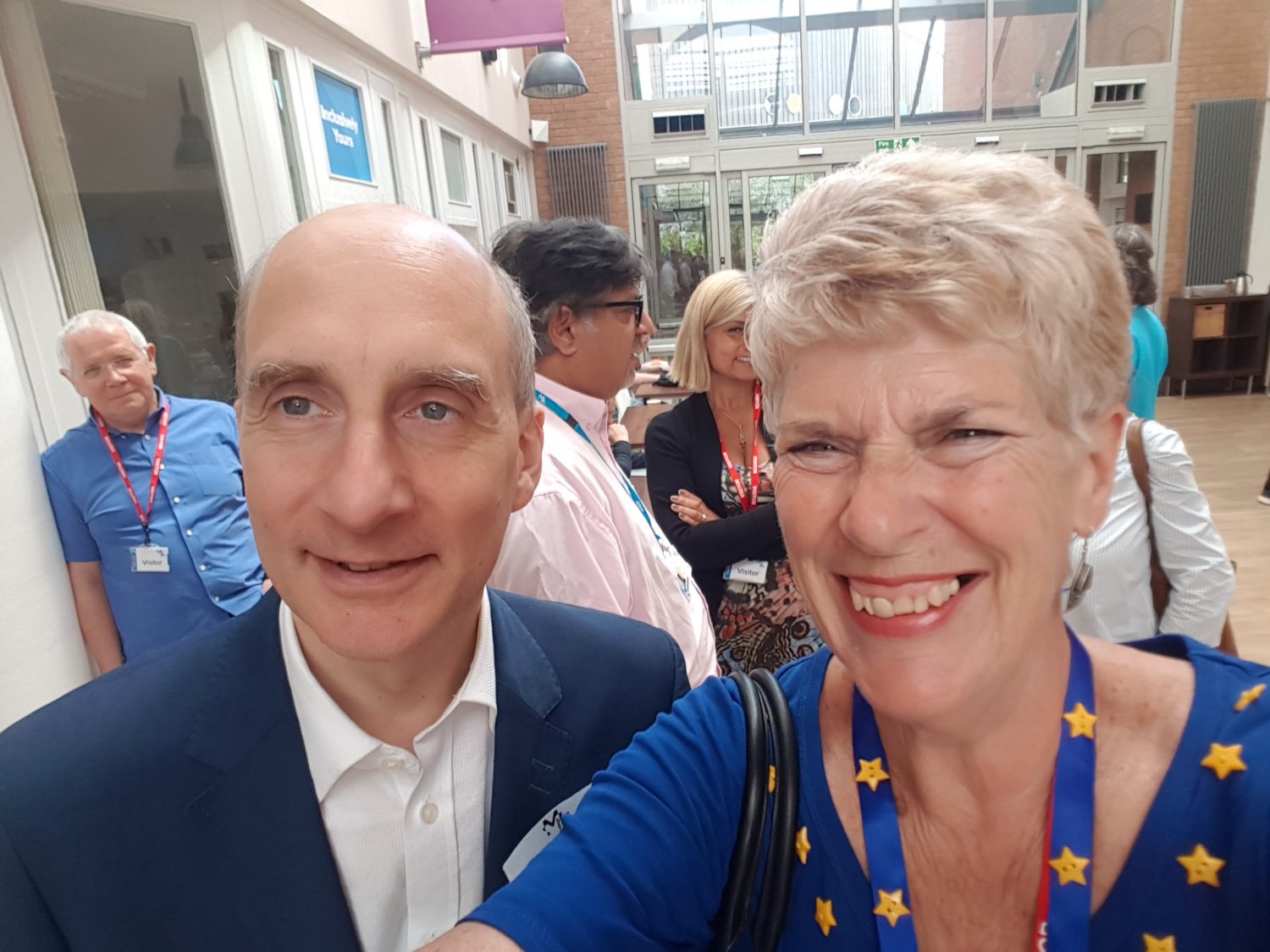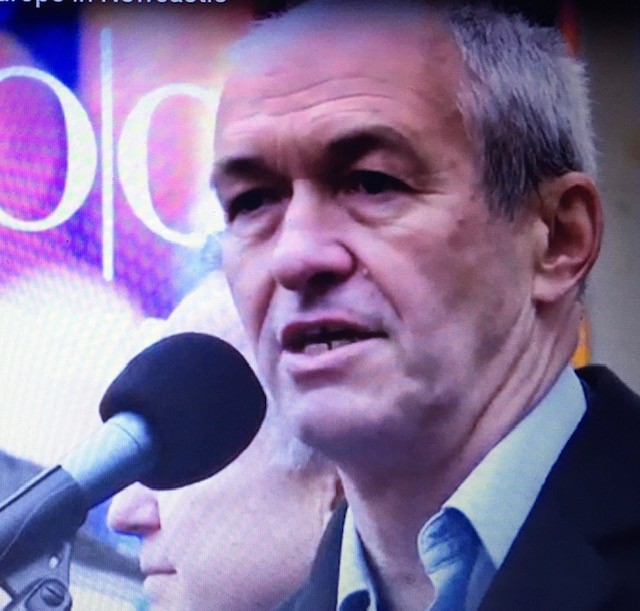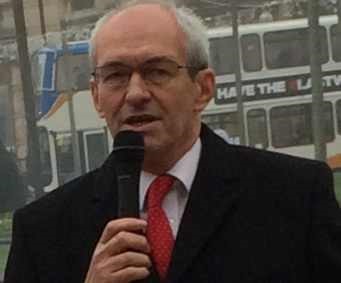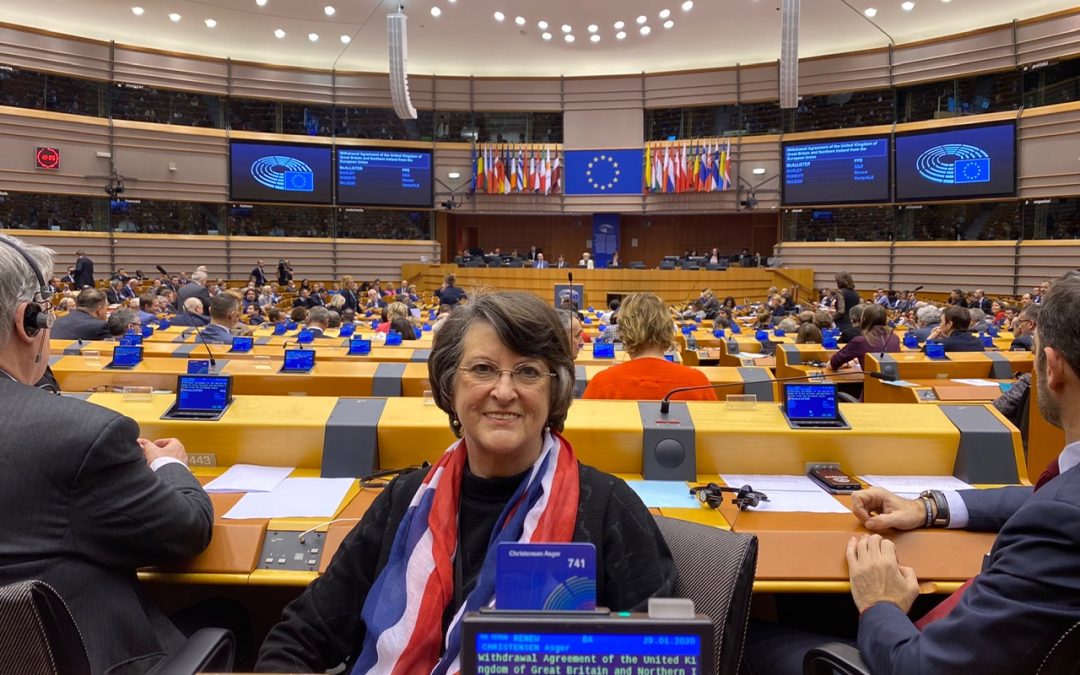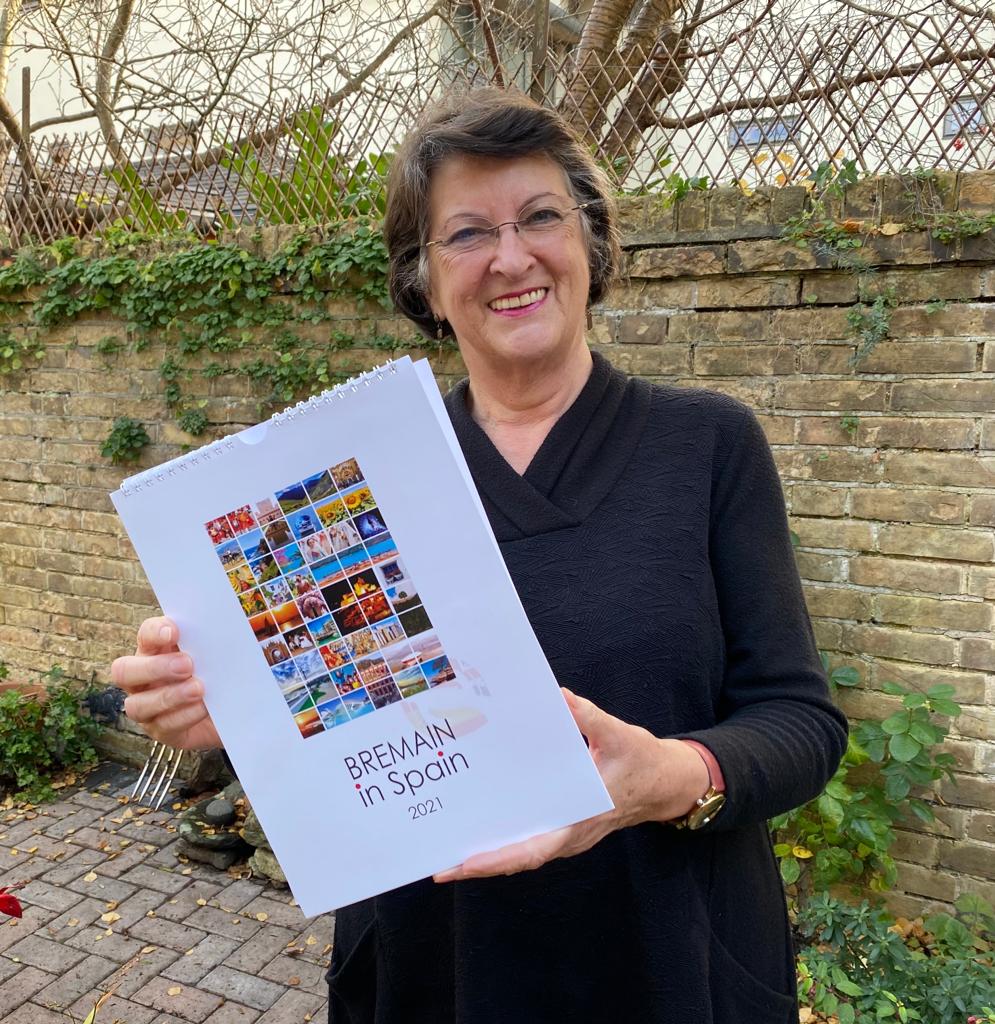
Bremainers Ask Revisited – Part 5
As part of our regular Bremainers Ask feature, we occasionally ask previous contributors to comment on the latest political developments.
This month we are delighted to welcome back Naomi Smith, Ian Dunt and Jonathan Lis who have all agreed to comment on the current state of play of British politics and, in particular, Brexit.
This is what they had to say:
Naomi Smith
Naomi is Chief Executive Office of Best for Britain and host on the Oh God What Now podcast. She originally answered members’ questions in April 2020
Brexit remains far from done, and a positive we can all take is that this Government’s incompetence is beginning to visibly impede its ability to deliver it.
There are still many issues requiring long-term solutions which aren’t forthcoming from Boris Johnson’s Government. Frustratingly though, while it is easy to revel in their incompetence, British business is suffering as a result, which is something that we all expected but is incredibly difficult to watch, nonetheless
In terms of Brexit-related news to look out for in the media, the end of a grace period allowing chilled meats to move from Great Britain to Northern Ireland expires on 1 October. The key issue here is that the Government has given little indication of their long-term solution to fix it beyond this date. You may have seen this legislation dubbed in the media as the “sausage wars”, and though it may sound trivial when framed like that, it yet again underpins another Brexit failing. Lord Frost called for a “permanent solution” to the issue around chilled meats back in June, but no progress has been announced. We will have to watch this space to see what happens.
The above news is somewhat disappointing, but I do have some good news, which is that the UK Trade and Business Commission will be releasing its interim report in the coming months. The report details key issues on the sausage wars and more, alongside some forward-looking solutions that aim to improve what has been an enormously difficult period for us all. The Commission was launched back in April and is co-convened by Hilary Benn MP and Peter Norris of the Virgin Group. It exists as a cross-party group of Parliamentarians and leading business experts from across the UK.
The Commission has discussed a wide range of topics, and each meeting has always returned to the same inescapable fact; that Brexit isn’t working and is proving to be a real disaster. Whether the issues have been artists needing visas and work permits to tour Europe; the UK’s desperation to agree a poor free-trade deal with Australia; or the enormous challenges that SMEs are having in trying to export across the continent, it has shown that Brexit is not working and, unless the Government moves away from tactics of megaphone diplomacy and towards meaningful engagement, more issues will develop.
There is hope. The Government is having no choice but to listen to the work of the UK Trade and Business Commission. Truth and facts are unarguable, and in having experts show the Government what they are destroying in pursuing a damaging Brexit strategy, the Commission is gaining strength and traction. As we continue to focus on this important work, the road remains bumpy, but we are sure in our convictions that if we keep making the right noises, we may have a chance of better days ahead.
Ian Dunt
Ian is editor of Politics.co.uk, author of Brexit books What The Hell Happens Now and How To Be a Liberal and host on the Oh God What Now podcast. He originally answered members’ questions back in May 2020
Things aren’t as bad as we think.
You look around and they seem dreadful: a clown-car Prime Minister, the hardest possible version of Brexit, tens of thousands of needless deaths due to the Government’s catastrophically inept COVID response, entrenched cronyism, a barrage of authoritarian legislation and a stubborn Tory lead, no matter what they do. It looks bad.
But when you peer past the day-to-day news, there are glimmers of a more positive future.
Look at that Tory polling lead. It is stubborn, but it is also startlingly volatile. Last year, during the Dominic Cummings Barnard Castle debacle, it plummeted with alarming speed. There is currently a sustained decline in the wake of last month’s opening up, Boris Johnson’s culture war against the England football team and the Matt Hancock resignation.
Look at the recent comments between Liberal Democrat leader Ed Davey and Labour Keir Starmer, which suggest that they seem comfortable working together – informally, behind the scenes – in order to maximise their chances of taking on the Conservatives at the next election. Look at the difficulties the Tories are having hanging on to their traditional seats in the south.
Events are not set in stone. This Government has severe weaknesses which will be highlighted, not hidden, by the end of the pandemic.
This is also true for Brexit. The moment of defeat is now behind us. The requirement now is to work out how we build a closer relationship with the EU and then eventually get back in.
That process starts with a narrative. This will not come as a bolt out of thin air. It will emerge over years. And yet you can see it coming together now. How long has it been since you heard a positive story about Brexit? Months. The last one was the attempt to suggest that Britain’s fast vaccine roll-out was a result of having left the EU. This was nonsense, of course, and is now anyway redundant given some European countries have sped ahead of us. But it was generally accepted by many people. Before that, it’s hard to think of any.
There are, however, plenty of negative stories about Brexit: The sudden potential for disorder in Northern Ireland, the barriers to trade within the UK, empty supermarket shelves, outraged farmers and agricultural exporters, exorbitant customs costs, visa charges for holiday-makers. The list goes on and on. It’s a drip-drip-drip of negativity.
It’s easy to sneer when people say this wasn’t the Brexit they voted for. But in fact each time this is said, it reflects another potential convert. Most Leave voters will never say Brexit was wrong. But they can be convinced that it is not going well, and that a future Government needs to fix the relationship, which will inevitably entail us moving closer.
That journey will start with a narrative, of Brexit being a failure. And that is precisely the narrative which is emerging now, slowly, in a long and shallow wave of daily disparate news reports.
Things look bad and it’s easy to get depressed about it. But the Government is weaker than it seems, the public are more open minded than they appear, and in the long term, there are good reasons to be optimistic.
Jonathan Lis
Jonathan is deputy director of the pro-EU think tank British Influence, and a political writer and commentator. He answered our members’ questions in September 2020
The news stories are beginning to dribble in, but few people are listening and even fewer joining the dots. Stories that would ordinarily resonate with the public on different levels – a shortage of blood testing vials, empty supermarket shelves, no milkshakes at McDonalds – aren’t hitting home.
Part of the reason is COVID. It is very easy for the Government and its media cheerleaders to associate shortages with the pandemic because the virus has impacted us in so many different ways already. Less easy to explain is why these shortages did not happen during the first nine months of coronavirus, when we were de facto full members of the EU.
Another part of the reason is Brexit fatigue. There is a feeling, widely shared even by many Remainers, that Brexit has happened and cannot be relitigated. Many people wonder what good can come from ‘I told you so’: it provides little satisfaction to the people saying it, and only alienates the people they are saying it to. Certainly, there is no electoral mileage in telling voters that they didn’t listen to all the warnings and got it wrong. This fatigue, incidentally, also stretches to commentators. I know personally that, after almost six years of endless debate, I feel exhausted by Brexit, and don’t much enjoy writing about it anymore. If that’s the opinion of a former Remain activist, how can we expect ordinary members of the public to busy themselves with it?
The third reason, though, should spur us on. Namely, the insidious pact between the Government and parts of the media to actively deny the role of Brexit in the current and future difficulties. The problems are not happening, or they are nothing to do with the EU, or do not remotely prove that the Brexiters were wrong. It is in everyone’s interests that we tell the truth about what happened, what’s happening now and what is still to happen. It’s the only way we can safeguard truth and integrity in public discourse.
We are delighted to announce that Peter Jukes – author, playwright, blogger, screenwriter, literary critic and executive editor of Byline Times – has agreed to answer your questions for our September newsletter. Please let us have any questions you have for Peter by Saturday 4 September by e-mail at enquiries@bremaininspain.com

